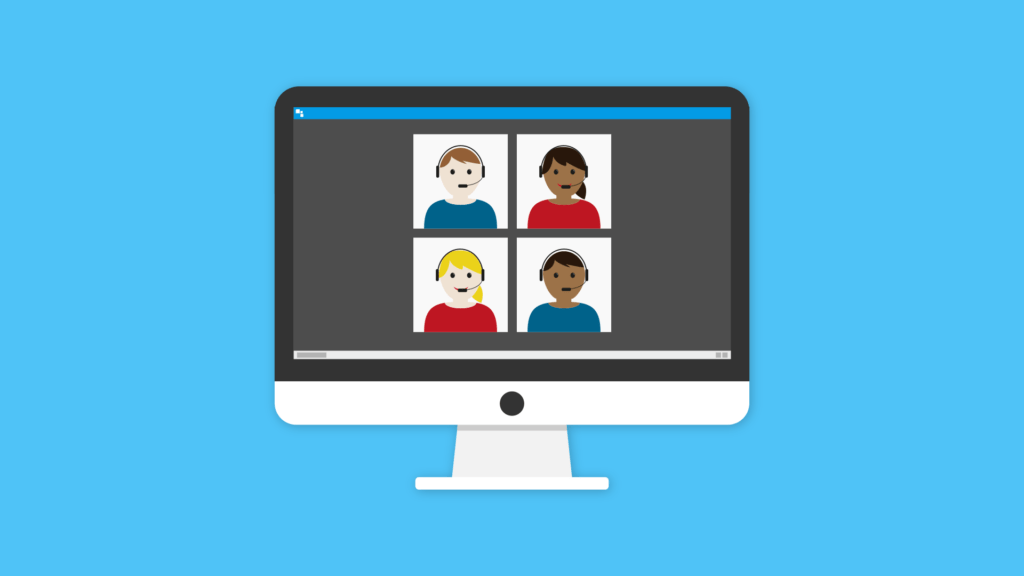This is a guest post written by my friends at Career Karma discussing some tech trends in education.
Machine learning, big data, and the Internet of Things are some of the top technological trends in recent times. In 2020, distance learning was the biggest tech trend in education. The pandemic changed everything about how we teach and learn. With the outbreak still spreading fast, more tech trends will be introduced to education. Hopefully, they will make distance learning easier and more seamless for learners of different ages. These trends may also be adopted permanently post-Covid. Why do they matter?
Why Does Educational Technology Matter?
EdTech is technology devoted to promoting education. Sadly, this is not enough. It has facilitated learning and improved performance by managing, using, and creating appropriate technological resources and processes. Educators usually have a simpler definition of EdTech. They consider it a way to transform traditional book teaching as well as learning to digital form. The difference for them lies in how the knowledge is delivered to make the teaching more effective.
EdTech involves integrating tech into education to create better learning/teaching experiences that lead to higher learning outcomes. For instance, hospitals train student nurses with animation during their online safety courses. There are so many reasons why EdTech is growing and replacing traditional teaching methods. Below are some of the advantages of EdTech:
Enhanced Collaborative Teaching
Technology has made it easier for people to stay connected. Despite being unable to teach in a classroom, educators can stay connected with their students to discuss, share opinions, and act on situations collaboratively. For instance, eLearning as an educational tool enables students to share and discuss, thereby promoting collaboration. Rather than being in a traditional classroom and listening to educators speak for hours, eLearning students easily join online platforms or groups and interact with their peers while learning. In such cases, the teachers are more accessible. They can play the role of mentors to help learners develop themselves. In the long run, students will strengthen their interpersonal skills.
Innovative Teaching Methods
EdTech offers innovative teaching methods. Teachers can use multimedia to address different learning styles like live videos, animations, and more. Educators can also create online courses for students to learn at their own pace and space. Several online resources provide similar online courses for students. For those who want to be web developers, Bootcamprankings.com has a list of online coding bootcamps.
Teaching and Learning Process
EdTech also changes how teachers teach. Whether it is offline or online, teachers do not need to teach at any specific time because students can learn wherever and whenever they want. Also, it changes how the student approaches learning by making it more fun and exciting. When students are engaged in learning, the process is better, and they retain most of what they learn and find it easier to apply the knowledge to real life. Technology also makes education more effective and smarter to satisfy the needs of learners. True educators offer valuable knowledge to students in real life and theory but smart educators can teach learners what they want to learn. With EdTech, teachers do not need to be IT experts to pass their message across. While there may be some skills training required, most of the technology is easy to use. This has been proven by the distance learning classes due to the lockdown. Many educators didn’t have time to master the technologies, but most have learned as they go along.
Conclusion
It is high time educational institutions begin to focus on changing trends and adapting to technologies to make teaching interesting, practical, and relevant. This move can enhance their brand image, and it will help them improve the quality of education. The learners also stand a better chance of grasping what they are taught in school. As a result, they recall quickly and also develop longer retentive memories. Adopting these technologies will go a long way to enhance the integration of education with knowledge bases. The trends will surely disrupt the educational system, but most of the results are positive. They aim to improve on the shortcomings of the traditional system to make it better than what it is now. All of this will help prepare learners for a bright future which will reflect on society in the future as well.


